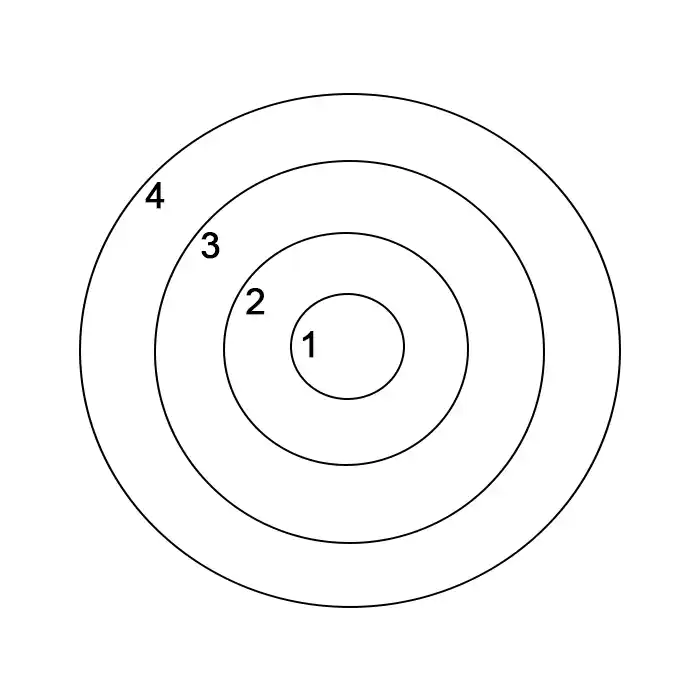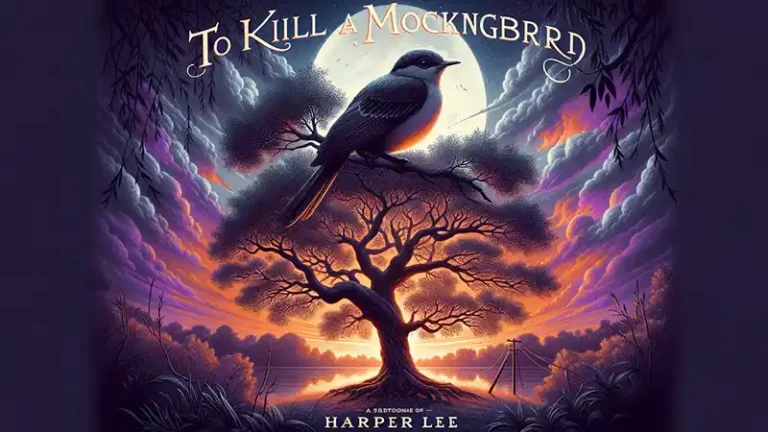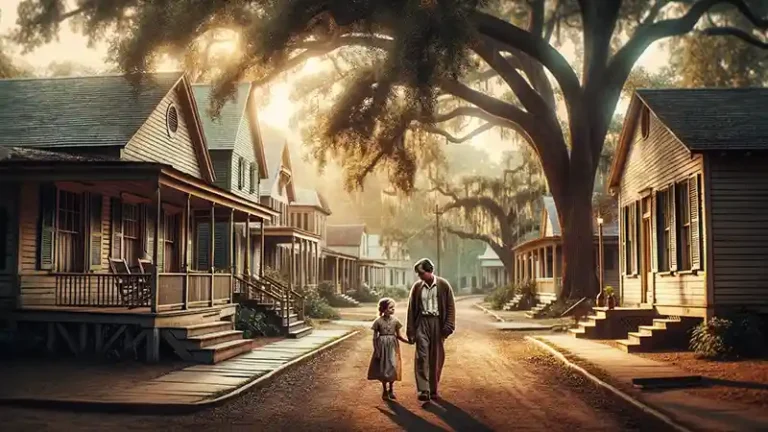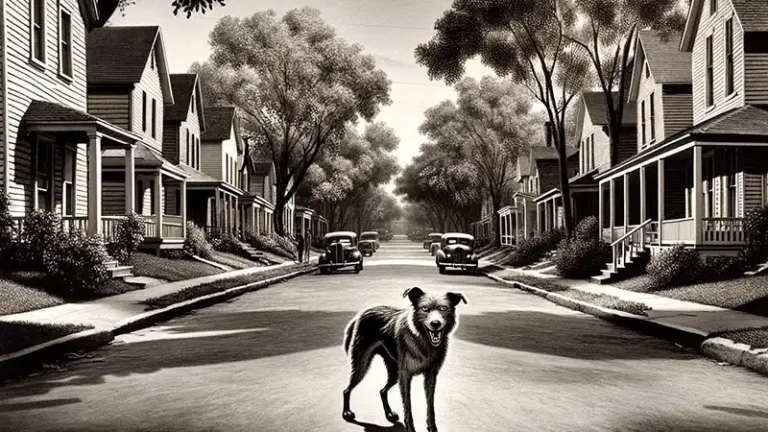To Kill a Mockingbird Chapter 8: Universe of Obligation
In chapter 8 of To Kill a Mockingbird, we’ll explore concepts of community, cultural awareness, the empathy gap, and the universe of obligation. and moral responsibility in a deeply divided society. Our goal is to understand these concepts as they are presented in the book and reflect on how they apply to our own lives and society. We’ll look at our own ‘Universe of Obligation’ to better understand the empathy gap in our personal and community interactions. This will help us gain a clearer view of our relationships with others and the cultural dynamics that influence these relationships.
Learning Goals
- I will be able to define and explain the concept of the universe of obligation, including its relevance and importance in understanding societal and personal values.
- I will be able to complete a self-reflection diagram and journal entry to identify and analyze my own universe of obligation.
- I will be able to read and comprehend Chapter 8, synthesizing its content with the concept of the universe of obligation.
Materials
TKAM Digital Book
TKAM Chapter 8 Audio (28:17)
Universe of Obligation Handout
Empathy Gap Video
Process
- Watch and discuss The Empathy Gap Video
- Define the Universe of Obligation and complete the universe of obligation self-reflection diagram and journal entry.
- Introduce the task: Universe of Obligation Handout
- Read chapter 8
- Finish the handout.
- Extension: Read and respond to this Universe of Obligation article from Facing History & Ourselves.
The Empathy Gap
Questions to Consider:
- The host says that many people feel the empathy gap doesn’t apply to them. Do you think it applies to you? Why or why not?
- Is this little study legitimate? Why or why not?
The Universe of Obligation
Universe of obligation: The circle of individuals and groups toward whom obligations are owed, to whom rules apply, and whose injuries call for amends. In other words, those that a society believes have rights that are worthy of respect and protection.
This activity requires you to create your own Universe of Obligation. While completing the activity, think about who is in your Universe of Obligation and what would keep you from reaching outside your inner circle. Are there dangers in not making your inner circle broader? On a sheet of paper, draw four circles, like this:

- In Circle 1, write your name.
- In Circle 2, write the name of people to whom you feel the greatest obligation. For example, people for whom you’d be willing to take a great risk or for whom you would put yourself in peril.
- In Circle 3, who are the people on the next level? These are people to whom you have some obligation, but not as great as in Circle 2.
- In Circle 4, who are the people on the next level? These are people to whom you have some obligation, but not as great as in Circle 3.
When done:
Write a journal entry reflecting on the empathy gap and universe of obligation. Are there strategies that we can use to be more accepting of others? If yes, what might those be? If no, why not?





